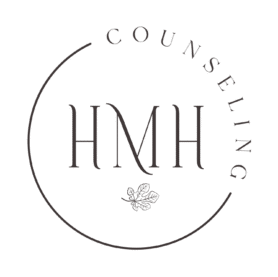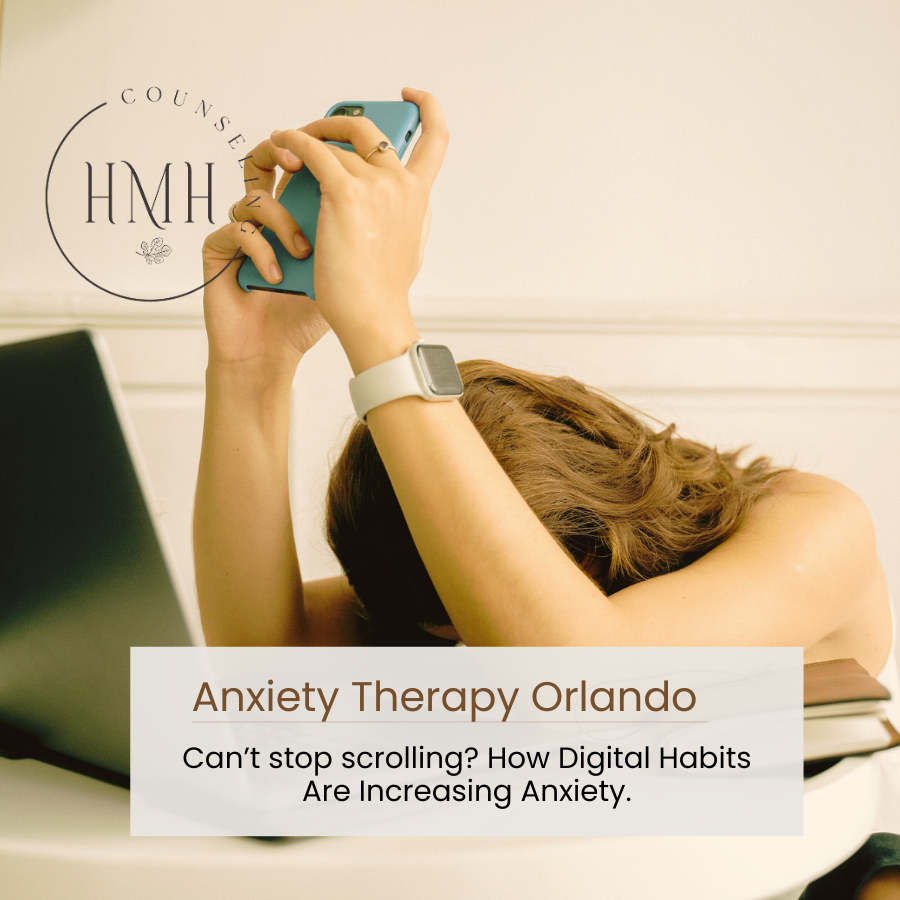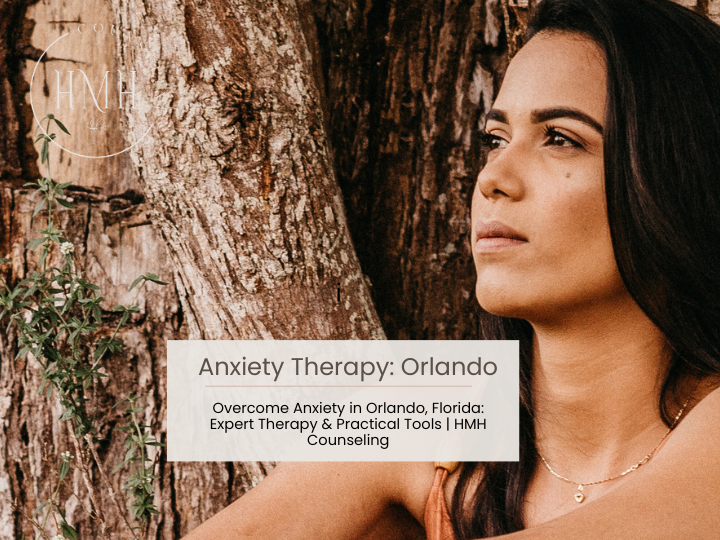Break Free from Digital Anxiety: An Orlando Therapist’s Guide to Healthy Tech Habits
July 25 • Written by: Jennifer Sierra, LMHC The Hidden Connection Between Screen Time and Anxiety Why Your Digital […]
Break Free from Digital Anxiety: An Orlando Therapist’s Guide to Healthy Tech Habits Read Post »


